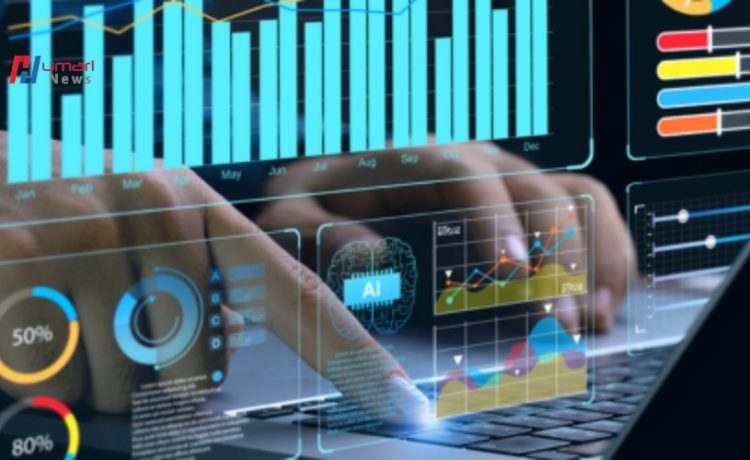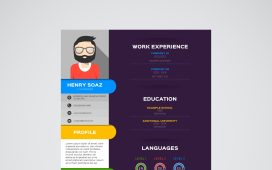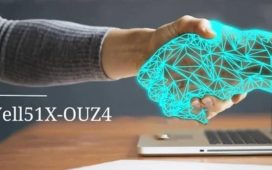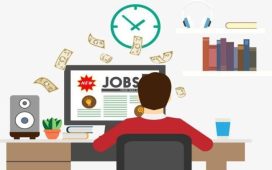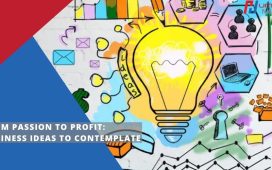In today’s fast-paced business world, staying ahead of market trends is crucial for success. Businesses need to be able to predict future trends accurately to make informed decisions and stay competitive. This is where artificial intelligence (AI) comes into play. AI technology has revolutionized the way businesses forecast market trends, providing more accurate and timely insights than ever before.
What Is AI Planning & How Important It Is for Business Forecast?
AI planning is the use of artificial intelligence algorithms and machine learning techniques to analyze data and make predictions about future trends. AI can process vast amounts of data quickly and efficiently, identifying patterns and trends that human analysts may overlook. This allows businesses to make more informed decisions based on real-time data, rather than relying on outdated or incomplete information.
For businesses, AI planning is essential for accurate forecasting. By using AI technology, businesses can analyze vast amounts of data from various sources, such as social media, customer feedback, and sales data, to identify patterns and trends that may impact their operations. This allows businesses to anticipate changes in market conditions, customer preferences, and competitor strategies, giving them a competitive edge in the marketplace.
Advantages of Using AI for Forecasting – Key Points for Enterprises
There are several key advantages to using AI for forecasting in business. Some of the most significant benefits include:
Increased Accuracy:
AI technology can analyze data with far greater accuracy than humans, resulting in more precise predictions and forecasts.
Real-Time Insights:
AI can process data in real-time, providing businesses with up-to-the-minute insights into market trends and consumer behavior.
Cost-Effective:
While implementing AI technology may require an initial investment, the long-term cost savings can be significant, as businesses can make more informed decisions and avoid costly mistakes.
Competitive Advantage:
By using AI for forecasting, businesses can stay ahead of market trends and competitors, gaining a competitive edge in the marketplace.
Improved Decision-making:
AI technology can provide businesses with valuable insights and recommendations, helping them make better decisions and drive growth.
Artificial Intelligence Forecasting Methods & Models – How AI Makes Planning Possible?
1. Machine Learning:
One of the key ways AI is transforming business forecasting is through machine learning algorithms. By analyzing large volumes of data, machine learning models can identify patterns and trends that human analysts may overlook. These models can then make predictions based on historical data, helping businesses anticipate market changes and adjust their strategies accordingly.
2. Neural Networks:
Neural networks are another powerful tool in AI forecasting. These complex algorithms are designed to mimic the way the human brain processes information, allowing them to learn and adapt over time. Neural networks can be trained to predict market trends with a high degree of accuracy, giving businesses valuable insights into future developments.
3. Natural Language Processing (NLP):
NLP is a branch of AI that focuses on understanding and interpreting human language. By analyzing text data from sources such as social media, news articles, and customer reviews, NLP algorithms can extract valuable insights about consumer sentiment and market trends. This information can then be used to make more informed forecasting decisions.
4. Deep Learning:
Deep learning is a subset of machine learning that uses artificial neural networks to analyze and interpret complex data.
By processing large amounts of unstructured data, deep learning models can uncover hidden patterns and relationships, leading to more accurate market predictions. This technology is particularly well-suited for industries with vast amounts of data, such as finance and healthcare.
How Do Different Industries Use AI Planning and Forecasting?
1. Retail:
In the retail industry, AI-powered forecasting is used to predict consumer demand and optimize inventory levels. By analyzing sales data, market trends, and customer behavior, retailers can adjust their pricing and promotions to maximize profitability.
AI also enables personalized recommendations and targeted marketing campaigns, leading to increased customer satisfaction and loyalty.
2. Finance:
In the finance sector, AI is used to forecast stock prices, analyze risk, and detect fraudulent activities. Financial institutions leverage AI algorithms to make real-time trading decisions, identify investment opportunities, and manage portfolios more efficiently.
AI-powered chatbots also provide customer service and financial advice, enhancing the overall client experience.
3. Healthcare:
In healthcare, AI forecasting is revolutionizing patient care and treatment outcomes. By analyzing medical records, genomic data, and diagnostic images, AI algorithms can predict disease progression, identify potential health risks, and personalize treatment plans.
AI also streamlines administrative processes, such as scheduling appointments and managing medical records, improving overall efficiency and patient satisfaction.
Conclusion:
In conclusion, artificial intelligence is changing the way businesses forecast market trends, offering increased accuracy, real-time insights, cost-effective solutions, and enhanced decision-making capabilities. While there are challenges associated with implementing AI for market trend prediction, the benefits far outweigh the risks. By embracing AI technology, businesses can gain a competitive edge and stay ahead of the curve in today’s dynamic marketplace.

